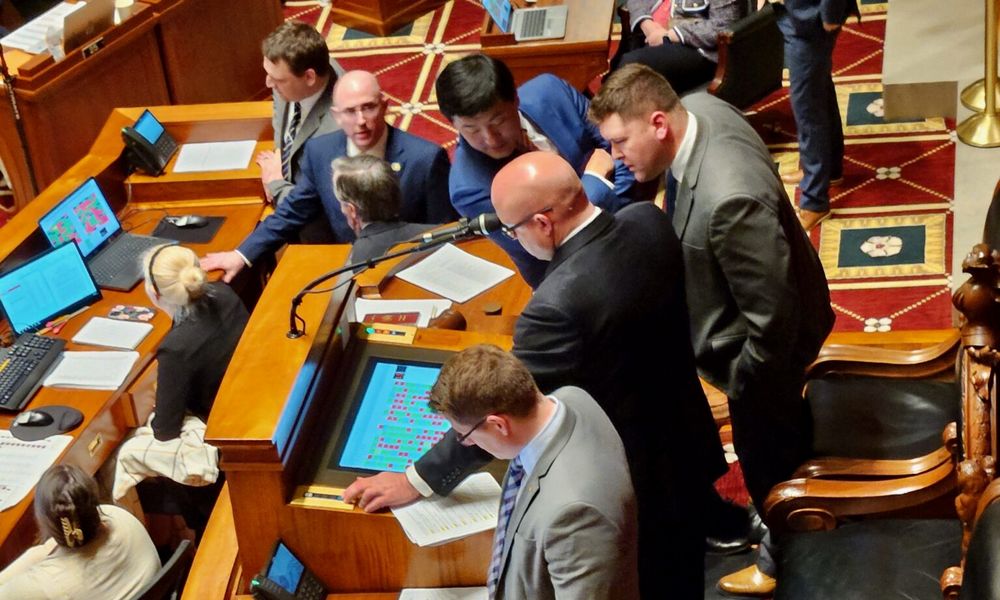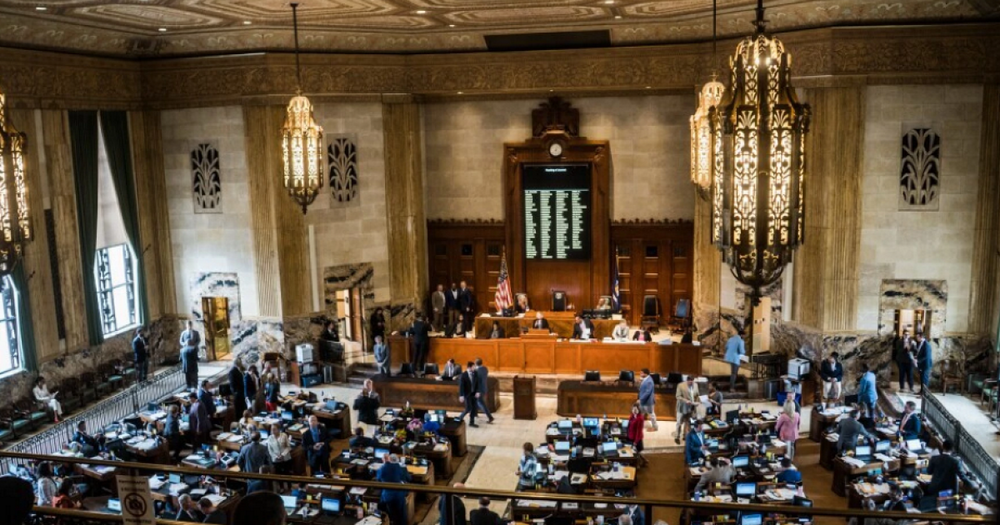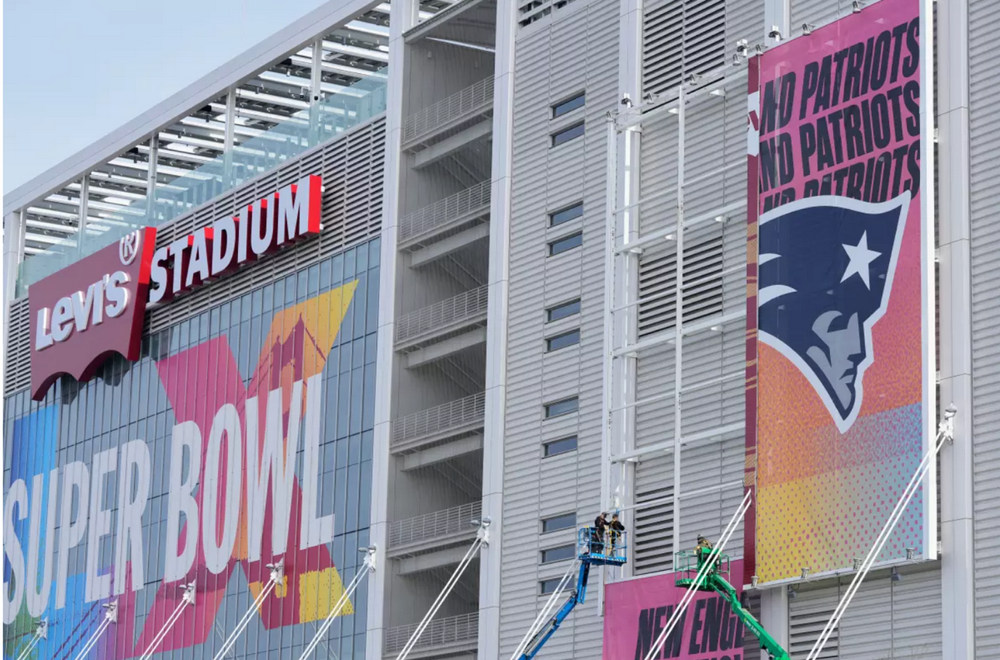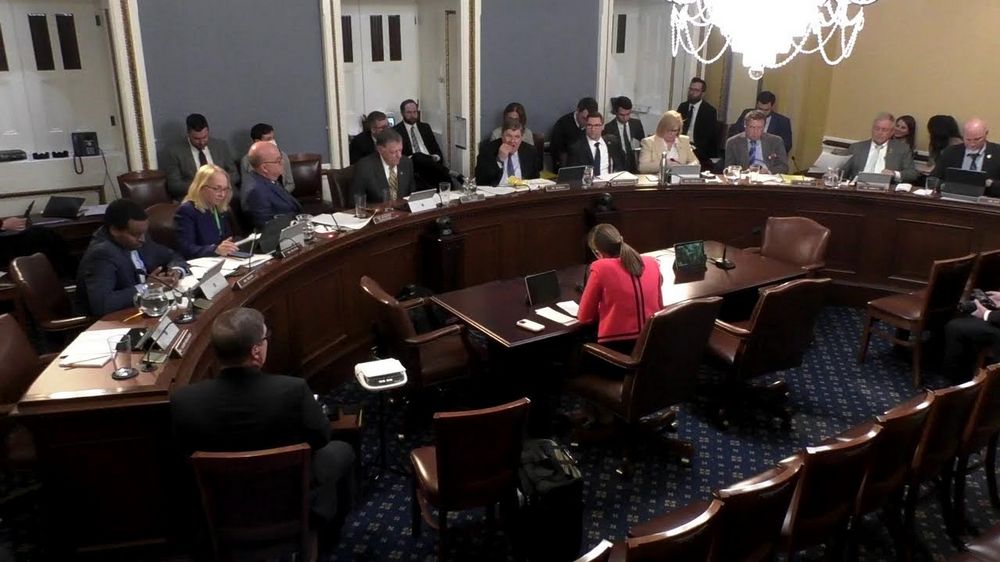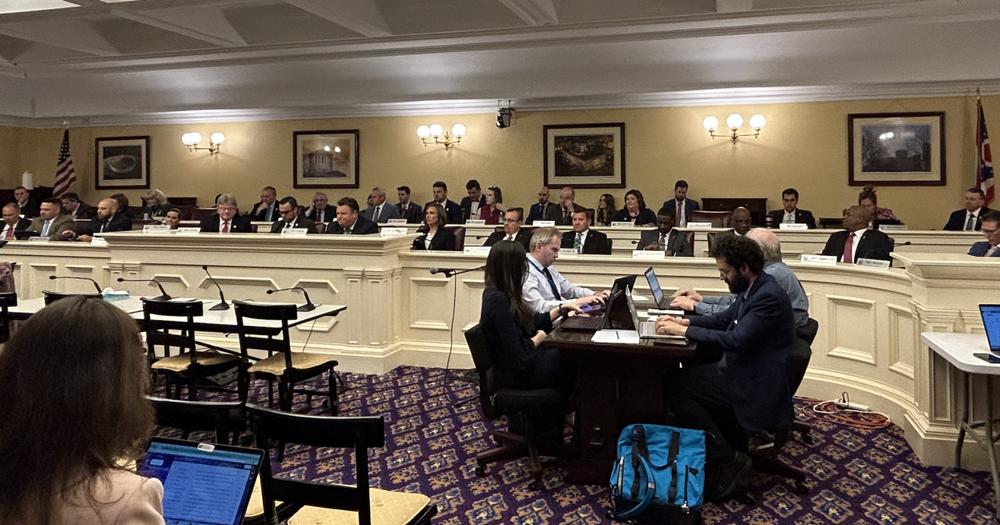Ohio is moving closer to legalizing online casino gambling after two separate bills gained traction in both the House and Senate. On May 27, 2025, the House Finance Committee held its first hearing on House Bill 298, introduced by Rep. Brian Stewart (R-Ashville) and Rep. Marilyn John (R-Richland County). The proposal would authorize iGaming platforms operated by existing casinos and racinos, setting a $50 million license fee, $10 million annual renewal, and a 28% tax on gross revenue.


Meanwhile, Senate Bill 197, sponsored by Sen. Nathan Manning (R-North Ridgeville), offers a broader approach, allowing out-of-state operators to enter Ohio’s market—albeit with a higher cost. The Senate version proposes a $100 million license fee for out-of-state applicants, a $5 million renewal, and a steep 40% tax rate. Both bills prohibit sweepstakes-style games, restrict credit card use, and aim to launch operations by March 31, 2026.

Supporters, including industry giants like FanDuel, argue the state could generate $600–800 million in annual tax revenue. Cesar Fernandez of FanDuel emphasized the potential impact on education and public services. Critics, however, warn about cannibalizing brick-and-mortar casinos and increasing problem gambling. JACK Entertainment, among others, questioned the fairness of lower iGaming fees compared to land-based operations.
Could Ohio Sports Betting Rules Change Sportsbook Ads Nationwide?
With further hearings ahead, the battle lines are drawn. Whether Ohio chooses the conservative House model or the more aggressive Senate vision, one thing is clear: legal iGaming in the Buckeye State is no longer a matter of if—but when.












